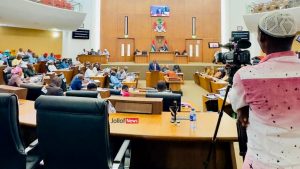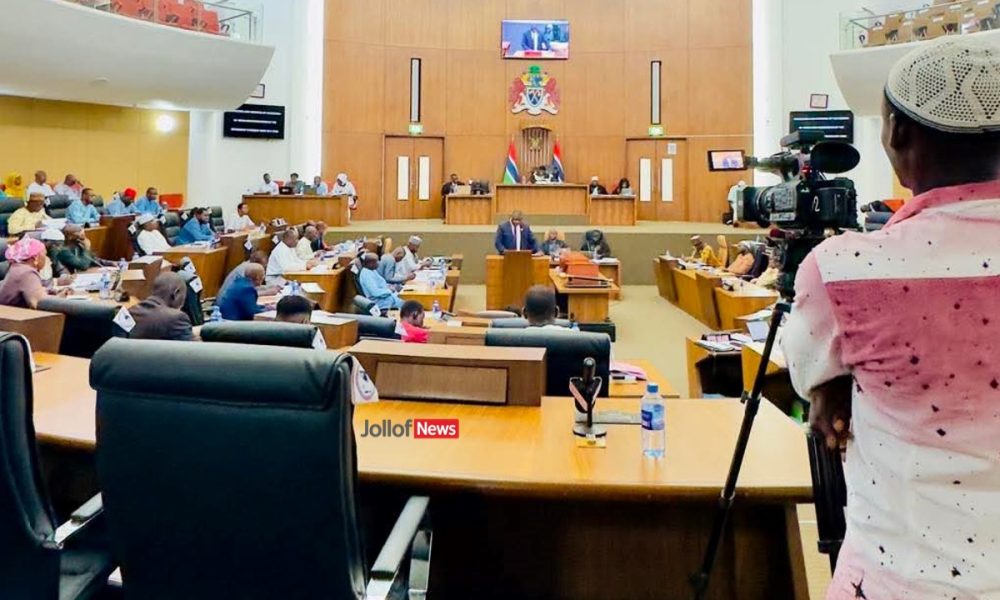With the throwing out of the Barrow Draft Constitution by the National Assembly, we seem to be back to square one as far as the country’s constitutional reform process is concerned.
How did we get here, one may tend to ask; considering that providing a new constitution was one of the Barrow administration’s campaign promises in 2016, and here we are, almost nine years after, we are still nowhere near that objective.
Of course, many people had hoped that the Constitution Promulgation Bill, 2024 would proceed to the next stage to give opportunity to members to have their input in the final draft before it is passed on to the Gambian public for a referendum. However, while many opponents of the 2024 draft did not completely rule out such a possibility, many of them lacked the confidence that their colleagues in the ruling National People’s Party (NPP) and its allies would give them the opportunity to get their views reflected in the final draft before it reached the public for a referendum.
“The supporters of the 2024 draft simply wanted to fool its opponents to allow it to pass to the next stage, knowing that they had the numerical power to block any views that did not favour them,” said an opposition sympathiser
We can recall that when the 2020 draft was presented to the National Assembly in September 2020, it was the supporters of President Adama Barrow, no doubt with encouragement from the executive, who refused to give it the opportunity to pass to the next stage but instead killed it at the second reading stage. Interestingly however, some of the strongest advocates for the passage of the 2024 draft were among those who not only participated in ditching the 2020 draft, but they also celebrated and danced over it.
Therefore, they seem to have been paid in their own coin by being on the losing side this time round. There is no doubt that if the government had allowed the 2020 draft to pass, we would have been in the Second Republic with a more consolidated democracy rather than continuing to still haggle over constitutional reform. It means so far, the almost D200 million spent in building the two drafts may have been thrown down the drain.
Now that the legislative match has ended in a one all draw, may be it is time to go back to the drawing board in a by-partisan manner to come up with a draft that would be acceptable to both sides of the legislature. Let us therefore hope that everyone has learnt a thing or two from the tussle and they have all realised that they need each other if they are to achieve anything positive.
No doubt, the Barrow administration have also realised that it was wrong for them to produce a self-serving document which they thought they could just force down the throats of the people. If indeed they had consulted and involved all stakeholders in the drafting process rather than putting only their own ideas in the document, it could have been a different outcome today.

The question that many people tend to ask is where this latest defeat has left the credibility of the Attorney General and Minister of Justice Dawda Jallow. This is the second time he is having his constitutional bill being thrown out, and in many other jurisdictions, he would have taken personal responsibility of the failure and resign. However, we seem to live in a different reality where public officials hardly assume personal responsibility for such failures.





